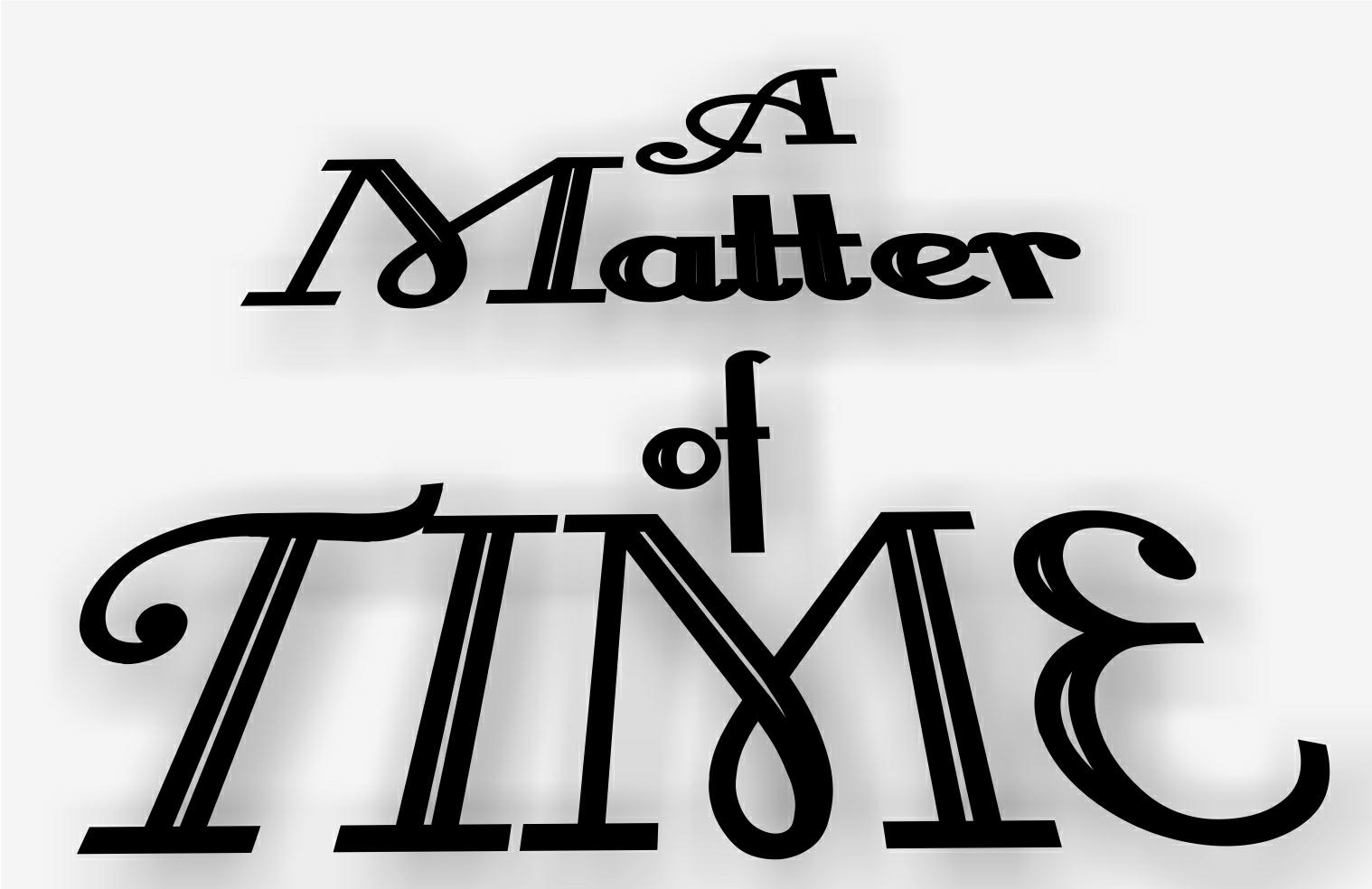by
Lane Cohen
It’s 1892. Dr. Joseph Bell, family man, surgeon, and Scotland Yard consultant, is at Dundee Asylum, evaluating the sanity of serial killer Irene Lithgow, when the building is struck by tornadic winds. He comes to in 2009. Irene finds herself in 1944, finally free but vengeful of the man who’d continually denied her release from Dundee. With the help of Einstein’s stolen time machine, she tracks Bell through the decades to 2019 Cincinnati, where she leaves a trail of murder victims as bait for her trap. Bell’s uncanny talent of deductive reasoning is put to the test in a high-stakes race to stop the killings, obtain the time machine, and return to his family in 1892. However, it’s only a matter of time before he must make a heartbreaking decision that will change the course of his life and the history of the world.
96,000 words
340 pages
BUY the e-book $2.99
BUY the paperback $18.95





